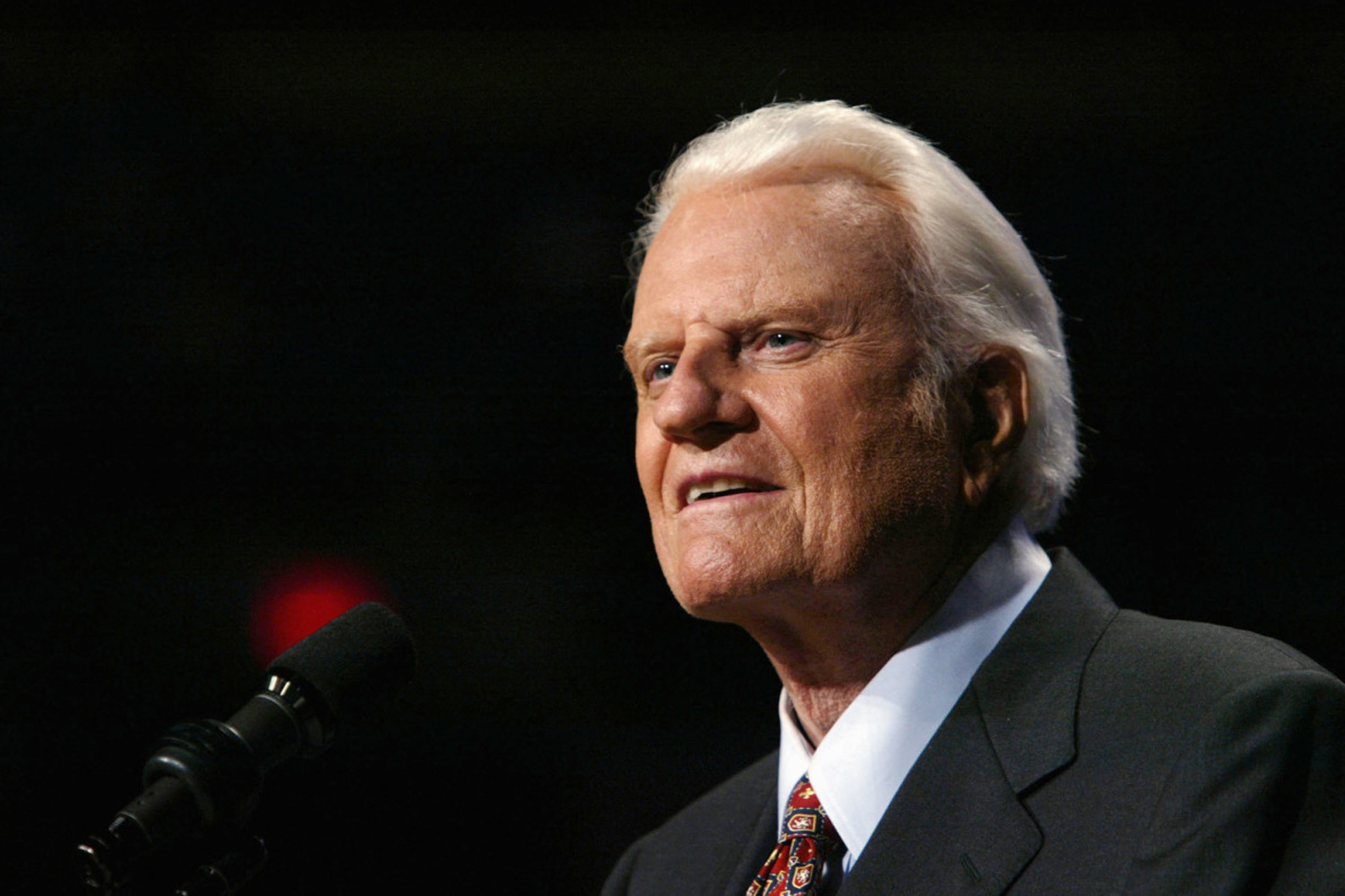I work in a mission agency, where the last two years have shown me there is a need for “translation” between older and younger generations.
An example of this “translation” I have in mind, are older people I’ve met who are translating the younger people’s thoughts and impulses to their own generation. And as a young person, I’m also trying to translate what is on the hearts of the elders for my generation too.
Translators often find themselves negotiating between two positions, having to reconciling the tensions experienced by both ends. We find ourselves awkwardly sandwiched between the generations, both of which have good intentions for the future, but aren’t speaking or understanding each other’s language.
I’ve been reflecting on this for awhile now, and I have some conclusions as to why we are speaking different languages, though we all speak English. As someone from the younger generation who translates our elders’ experience, I want to help us make sense of why we think and operate in certain ways.
GENERATIONAL GAP
There was this period on Facebook when everyone was raving about how they were “90s kids”.
I belong to that bracket. I grew up with floppy disks, saw the transition from Walkman to Disc-Man, from VHR to DVD and Blu-ray … We played games like Red Alert and Command and Conquer that look archaic by today’s standards.
We used Friendster, MySpace, chat rooms and the now defunct MSN (along with its alarming Nudge function) on an Internet which ran on dial-up. Fun fact: If anyone called your house phone, the internet connection would drop.
Bear with me: I have a more important point to make beyond just thinking about nostalgia. Because the type of technology people are used to, has an impact on their worldview and how they interact socially. Understanding generational contexts helps us understand generation gaps, which make it easier to build up the Church and envision how we all can build His house.
A common issue I see is when our elders envision a strategic direction which resonates deeply with their generation, but falls flat on the younger people.
Our elders did not grow up with smartphones or pagers. Have you ever thought of what would happen in the past, if A was late to meet B? B simply had to wait! There was no texting back then to say, “Bro, sorry I’m running late.”
And of course, most elders definitely did not grow up using the Internet. Man, how did they keep in touch with international friends? They didn’t have the the Internet or budget airlines as we do – Wi-Fi wasn’t even a word back then! Understanding our different ways of life across generations helps us make sense of the different methods or pace we operate at.
A common issue I see is when our elders envision a strategic direction which resonates deeply with their generation, but falls flat on the younger people. Things that worked in their time may not always stick with the new generations.
For example, the Billy Graham Crusade was one of the highest referential points in Singapore’s church history. And it’s not that the youths take this event lightly, but a massive rally is likely not a “high point” in most of their minds. To be fair, they simply haven’t experienced something like that in their time.
So instances like these are where the tension lies.

BUILDING BRIDGES AND TRUST
How we build relationships and trust differs across generations too. As translators – which all of us need to be as a body of Christ – we must learn to communicate in languages that speak to both the young and old to build trust.
Somewhere along the way, I realise our elders have a very different vocabulary. When they were our age, words like “loyalty” were a lot more common. Today we use words like “collaboration.” Loyalty lends itself to the idea of following orders in a hierarchical structure, while collaboration is a much flatter concept – a peer to peer exchange building on each other’s strengths and gifts.
A culture of honour is what binds us together as a family.
A litmus test is the words and symbols that the two generations use. I currently worship in a slightly more conservative church, and in one committee meeting, an organisation chart was pulled out. I sat there wondering: “What do my 17-year-old DG kids think about this organisation chart? Does it resonate with them? Do they care who sits on the top?
“If this isn’t a language the younger generation communicates in, then what is their language? And why was there a difference in the language used? How then do I tell the older leaders that a different language is needed to pass down traditional structures, yet change the form?”
A CULTURE OF HONOUR AND SUBMISSION
So how do we navigate the changes happening across generations? The answer is in 1 Peter 5, where we see mutual submission between the elders and youths: “Clothe yourself with humility towards one another.”
A culture of honour is what binds us together as a family. Looking at the elders who have walked before me, the labour they’ve put in to build His house, I often am left admiring their love and fervour for their Master.
And at the same time, I have the opportunity to converse with so many elders. The way their eyes sparkle as they speak of the younger generation – so full of hope and eagerness to journey with us – it makes me excited to do family together as a body of Christ knitted together in His love.
The culture of honour has to go both ways. This is the crucial ingredient in keeping His family together.

We will always have differing views about theology, doctrine and ways to run ministries.
But we must remember that all generations worship one Lord, have one faith, and experience one baptism (Ephesians 4:5). Whatever the differences are, let us continue to honour one another, and make every effort to keep the unity of the spirit through the bond of peace (Ephesians 4:3).
Elders should practice active listening, which isn’t just keeping quiet and letting the youth speak, but actually considering their viewpoint. Youths in turn must learn to honour those who have laboured before us. We need to recognise that the previous generation have great personal stake in what they have laboured in for many years – it takes faith for them to entrust their “baby” to the next generation.
One elder translator told me, “The younger generation wants to work with the elders, but only on their terms. And advice can only be given upon invitation.” The point is to take heart, there are elders who do understand and speak the language of the younger generation.
We need to discern the nuances, and adapt to the changing times. As young people, we would be foolish not to recognise that we will one day be elders ourselves – possibly leading various organisations or movements. We mustn’t make the same mistake of communicating in a different language with the generation after ours.
Ultimately, if I can translate on behalf of our elders in our language … they simply don’t want us to screw up. They want to see us succeed. And they will put in their heart, blood, sweat and tears to see us succeed.









